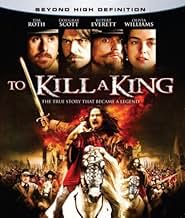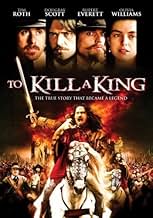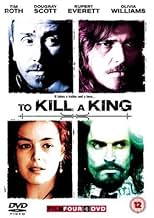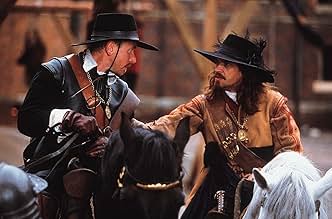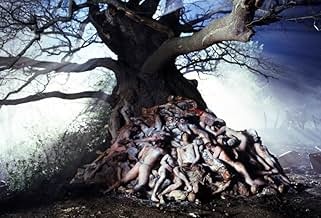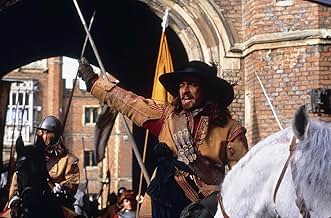In 1645, after the revolutionary movement of the puritans against the King of England Charles I of Stuart (Rupert Everett), with the leadership of the best friends General Oliver Cromwell (Tim Roth) and General Thomas Fairfax (Dougray Scott), the king is judged and condemned to death by decapitation. General Oliver Cromwell wishes to implement the republic in England, but his monarchist friend Fairfax does not agree, and they break their friendship. Cromwell becomes a dictator, with the title of Lord Protector of the Commonwealth, until 1658, when he is very sick and dies. When I was a student, I had classes about this period of England history, but unfortunately not enough to make any judgement of the historical accuracy of this movie. As far as I remember, the period of the dictatorship of Cromwell was very violent, and it was omitted in the story. As a film, it is a beautiful story of the friendship and relationship of two leaders with different political objectives. The cast and direction are excellent, and the reconstitution of the period is wonderful. I have appreciated and recommend this movie without analyzing the accuracy of the events. If the viewer knows this period of history well, he will have the opportunity to verify its accuracy, otherwise he will a chance to enjoy a good movie. My vote is seven.
Title (Brazil): 'Morte ao Rei' ('To Kill a King')


